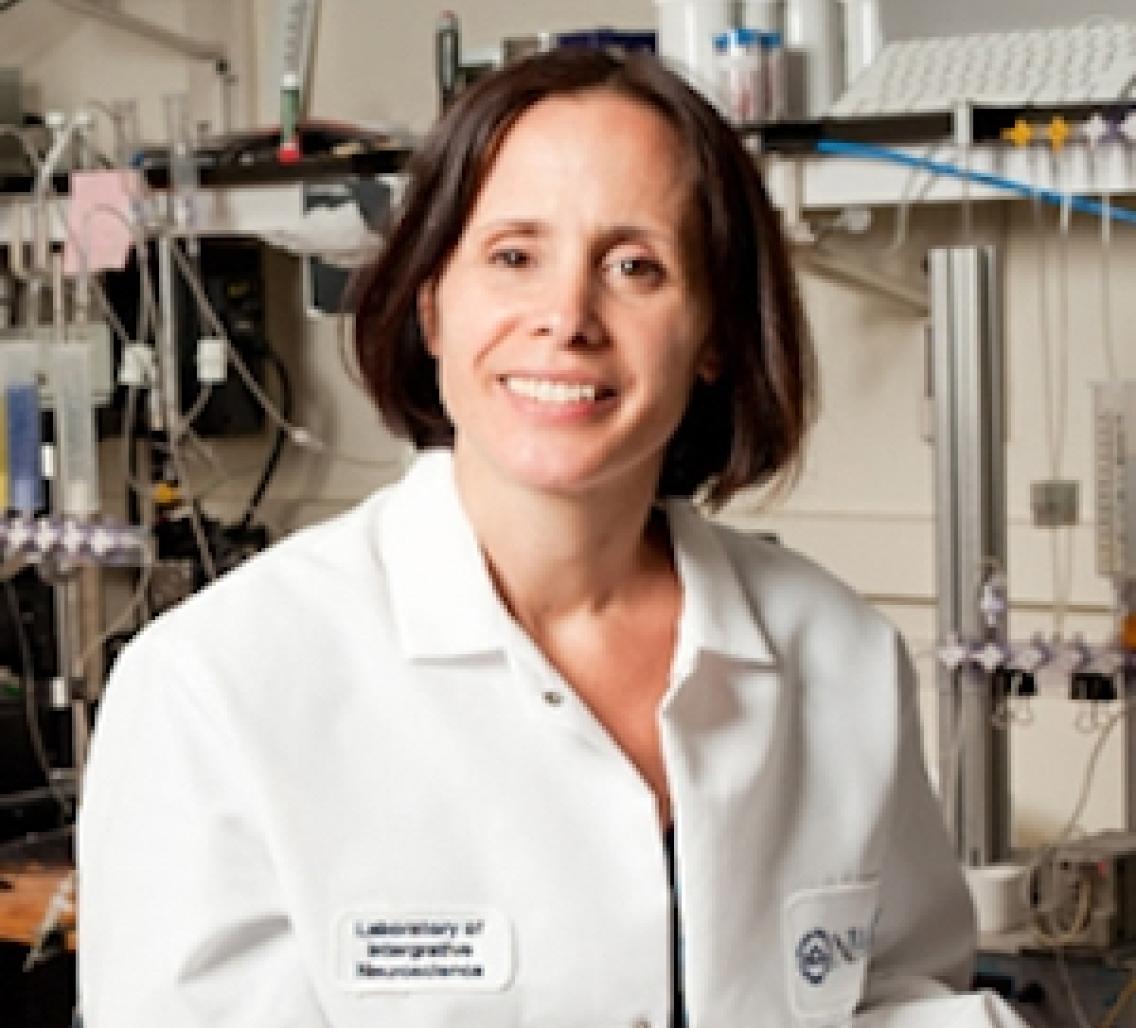Event Details:

Join us at 11:30 am for coffee, cookies and conversation before the seminar.
*Speaker will join remotely; audience is encouraged to participate in-person or on Zoom.
Veronica Alvarez, PhD
Senior Investigator
National Institute on Alcohol Abuse and Alcoholism (NIAAA)
https://irp.nih.gov/pi/veronica-alvarez
Dr. Alvarez graduated with honors from the School of Sciences at the University of Buenos Aires in Argentina before earning a PhD degree in Neuroscience from the same institution in 1997. She came to the United States to train as an electrophysiologist with Dr. John Williams at the Vollum Institute at OHSU and studied the firing properties of locus coeruleus neurons and their modulation by opioids. Dr. Alvarez then continued her postdoctoral training in the laboratory of Dr. Bernardo Sabatini at Harvard Medical School where she investigated mechanisms of functional and morphological plasticity at glutamatergic synapses using electrophysiology and two-photon imaging. In 2008, Dr. Alvarez was recruited as tenure-track Investigator in the National Institutes of Health. There, she established her research program and was granted tenure in 2015. She is currently a Senior Investigator and Laboratory Chief. She also serves a Director of the Center on Compulsive Behaviors, a trans-NIH collaborative initiative she founded in 2017. The Center is an interdisciplinary and collaborative platform that connects more than 50 laboratories across the NIH and funds dozens of postdoctoral fellowships every year.
Dr. Alvarez holds a secondary appointment at NIDA and serves as Associate Director of the Training Program at NIAAA. She received the NIH Director’s Award twice (2020, 2015) and the Outstanding Mentor Award also twice (2015 from a postbaccalaureate fellow and 2018 from a graduate student). The Alvarez laboratory is funded by NIAAA Intramural Research Program, and she serves a co-Investigator and collaborator in several R01 grants. In 2017 and 2-18, she received the NIH Innovation Award and Challenge Award to support the creation of the Center on Compulsive Behaviors.